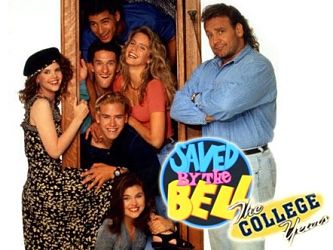One of the worst jobs I had in graduate school was as a bouncer. No, I wasn’t working outside of a bar or nightclub. I was working new student orientation. My job was to make sure that students went in alone and registered for campus services. Parents and other family members had to wait outside. It was an interesting summer and some parents understood. However, there were a few that were quite unhappy. Dealing with helicopter parents can be frustrating for everyone involved.

Today marks a personal parenting milestone for me. My youngest child, Daniel, starts kindergarten today. While he is both excited and a little nervous, I’m thrilled to get rid of daycare bills! I’ve been struck in the last couple of weeks about the advice and tips given to kindergarten parents. Might this advice also be useful for dealing with helicopter parents.





